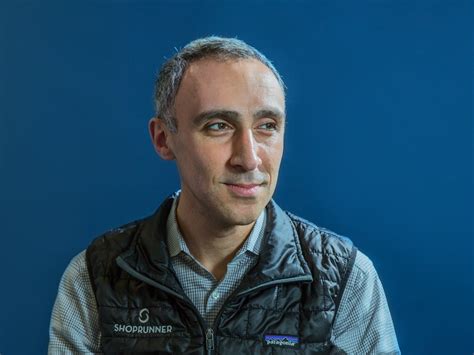A Quote by C.P. Snow
I was moving among two groups... who had almost ceased to communicate at all, who in intellectual, moral, and psychological climate had so little in common that... one might have crossed the ocean.
Related Quotes
I felt I was moving among two groups [literary intellectuals and scientists] comparable in intelligence, identical in race, not grossly different in social origin, earning about the same incomes, who had almost ceased to communicate at all, who in intellectual, moral and psychological climate had so little in common that instead of going from Burlington Hom or South Kensington to Chelsea, one might have crossed an ocean.
I must confess that I lead a miserable life. For almost two years, I have ceased to attend any social functions, just because I find it impossible to say to people, 'I am deaf.' If I had any other profession, I might be able to cope with my infirmity; but in my profession, it is a terrible handicap.
[On Marilyn Monroe:] I think my response to her death was the common one: it came to me with the impact of a personal deprivation but I also felt it as I might a catastrophe in history or in nature; there was less in life, there was less of life, because she had ceased to exist. In her loss life itself had been injured.
A life without pain: it was the very thing I had dreamed of for years, but now that I had it, I couldn’t find a place for myself within it. A clear gap separated me from it, and this caused me great confusion. I felt as if I were not anchored to this world - this world that I had hated so passionately until then; this world that I had continued to revile for its unfairness and injustice; this world where at least I knew who I was. Now the world ceased to be the world, and I had ceased to be me.
The objections to religion are of two sorts - intellectual and moral. The intellectual objection is that there is no reason to suppose any religion true; the moral objection is that religious precepts date from a time when men were more cruel than they are and therefore tend to perpetuate inhumanities which the moral conscience of the age would otherwise outgrow.
Perhaps his gloom was due to his profession, that he lived among fallen empires, and in reading these languages that had not been spoken by the common man in centuries, he had all about him the ruin of language, evidence of toppled suburbs, grass growing among the mosaics, and voices that had been choked with poison, iron, age, or ash.
Moral crusade: Public activity undertaken by middle-aged men who are cheating on their wives or diddling little boys. Moral crusades are particularly popular among those seeking power for their own personal pleasure, politicians who can't think of anything useful to do with their mandates, and religious professionals suffering from a personal inability to communicate with their god.
For most of modern life, our strong talents and desires for group effort have been filtered through relatively rigid institutional structures because of the complexity of managing groups. We haven't had all the groups we've wanted, we've simply had the groups we could afford. The old limits of what unmanaged and unpaid groups can do are no longer in operation.
But the trees seemed to know me. They whispered among themselves and beckoned me nearer. And looking around, I noticed the other small trees and wild plants and grasses had sprung up under the protection of the trees we had placed there. The trees had multiplied! They were moving. In one small corner of the world, Grandfather's dream was coming true and the trees were moving again.
But who prays for Satan? Who in eighteen centuries, has had the common humanity to pray for the one sinner that needed it most, our one fellow and brother who most needed a friend yet had not a single one, the one sinner among us all who had the highest and clearest right to every Christian's daily and nightly prayers, for the plain and unassailable reason that his was the first and greatest need, he being among sinners the supremest?
Though representatives of many ethnic groups came together in the United States, English became their common language. Apparently, this was a natural choice. One can imagine what would have happened if members of each nation moving to the U.S. had spoken only their own tongues and refused to learn English.






































